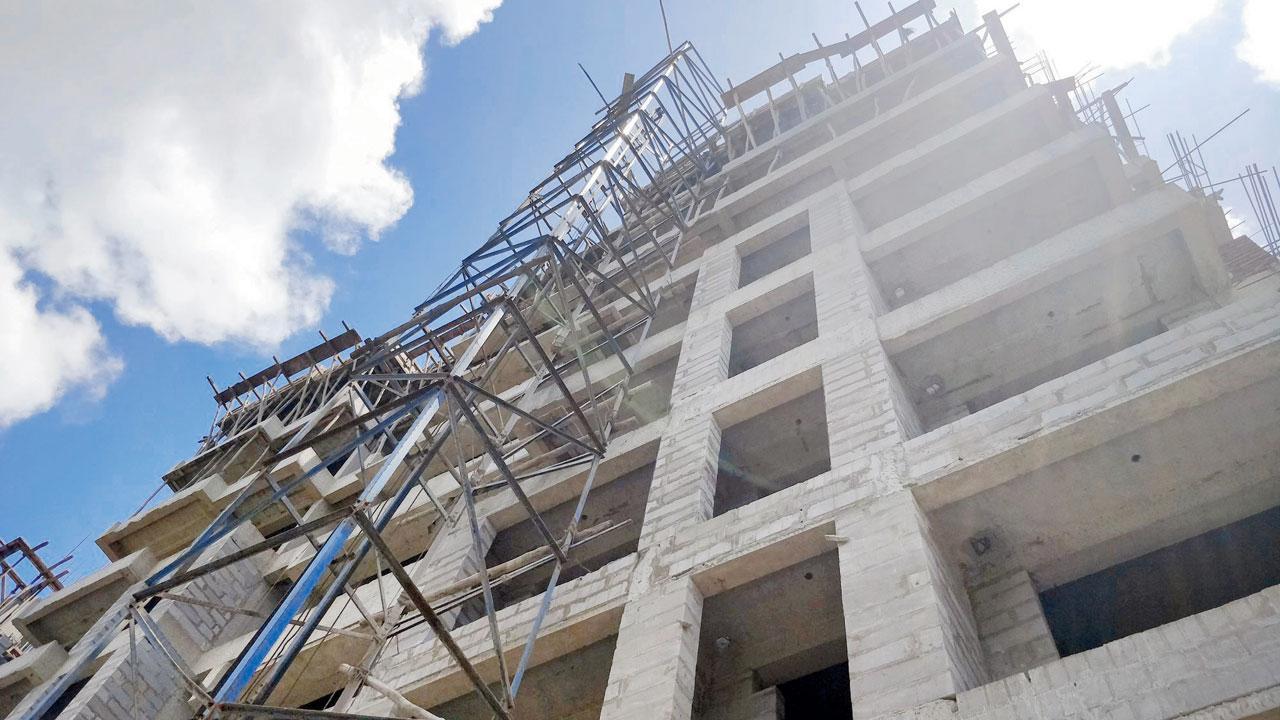Home / Mumbai / Mumbai News / Article /
Bombay High Court tells MahaRERA to dispose of pending case
Updated On: 15 January, 2022 07:42 AM IST | Mumbai | Vinod Kumar Menon
Complainants moved HC since non-execution application before the MahaRERA has been pending since February 2020

Experts said the main challenge before the MahaRERA is to make defaulting builders abide by its orders. Representation pic
The Bombay High Court has recently passed an order telling the MahaRERA to dispose of a non-execution application, which was pending before the body since February 2020. Lawyers for the plaintiff said numerous other cases are pending before the quasi-judicial body for months, delaying the process of imparting justice to the litigants.
The case
The Bombay HC issued the order on January 10 while hearing the case wherein the plaintiff alleged that developer/s M/s Shreeji Developers and three others did not honour a MahaRERA order dated August 31, 2018 directing the developer to pay interest for delayed possession to three complainants. In view of this, the complainants again approached MahaRERA with a non-execution application in February 2020, but the case has not been heard yet, pushing the complainants to move the high court.



